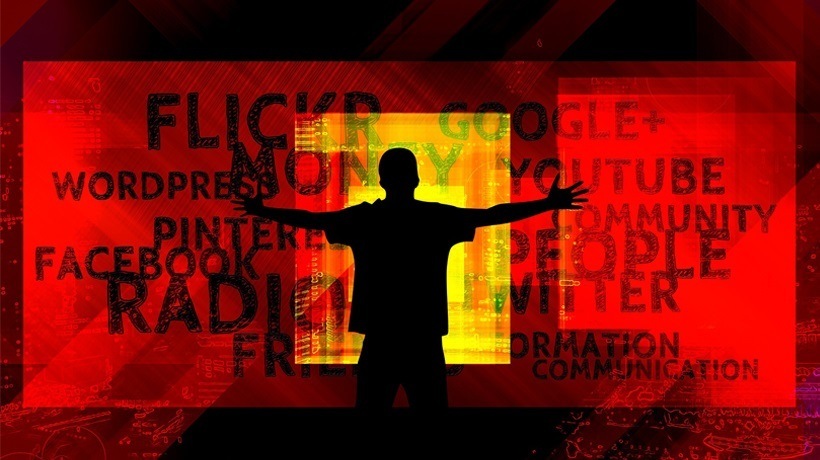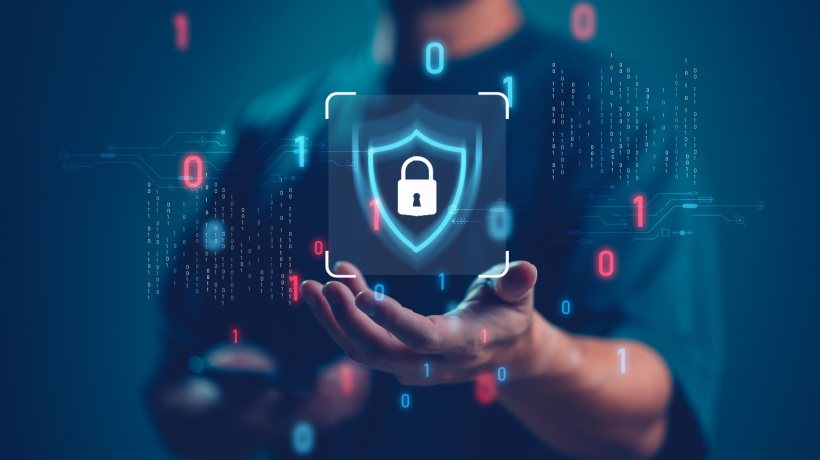Choice, Literacy, And Embracing The Internet: An Educator's Guide
Let us talk about choice, literacy, and embracing the internet: Life as an educator is, and always has been, about making choices. Will this lesson truly engage my students? Is this article at an appropriate reading level for my 8th graders? Is this anglocentric textbook culturally insensitive? Do I move in for a second donut even though I know Susan will judge me—again? Choice has always been at the heart of teaching, but who could have predicted just how much choice we’d have? As the internet continues to spread deeper into our professional lives, what was once viewed as education’s miracle information Messiah, is now more often being experienced as an analysis-paralysis-inducing digital vending machine where everything is free and the options are painfully infinite. For a profession already known for inducing daily doses of exhaustion, the decision fatigue and accompanying ego depletion brought on by the internet has many teachers questioning whether the juice is really worth the altruistic squeeze.
Giving Up Control
And while there are undoubtedly a few audacious educators gracefully embracing the digital age in all its option-spawning glory, I’m more often made aware of those I know to make up the greater majority; those afraid and unwilling to fully relinquish control and purposefully unleash the Internet upon their students. Those instead fixated on physical books or crafting destined-to-fail digital barriers and safe-zones that allow them to work, and students to learn (or more often not), in a “comfortable” and “focused” environment (the most egregious display coming in the form of administrative policy and mandates).
While a more measured and strategic approach to coping with the modern information influx is understandable, it just doesn’t map to the reality of most students in 2017. Our students haven’t been running on the same hedonic treadmill that has many teachers living languidly in the past. They’re used to accessing the infinite. They want their interests (no matter how unique) to be seen and accepted. They find freedom in the unconstrained digital spaces that have always shaped their world. As educators, it’s our responsibility to learn and honor that reality, no matter how foreign it may seem; and interestingly enough, in doing so, I think we might just find that we end up shaping the very citizens we’d always hoped to.
Honest Leadership
So it’s that easy then right? Give up control, allow our students the unabated, around-the-clock freedom to surf every freakish corner of the web, and in a few short generations we’ll rid the world of all its troubles.
While I think we can all recognize hyperbole when we hear it (besides, nothing in education is ever that easy), I’m also not sure it has to be so hard. The internet has the potential to open doors to improved literacy, self-discovery, and empowerment like nothing else. As teachers, we just need to be open and realistic about (not artificially blind to) the darkness that accompanies that potential and work to be sure we guide students towards their interests and away from the proverbial —and perhaps at times literal— pornography.
That doesn’t mean we deny the dark truth and negativity we know to exist (the holocaust represents the worst of humanity, but to deny it is irrationally dangerous); it simply means we acknowledge the Internet’s immensity, humanity’s variety, and bring an open and honest awareness to those we teach. Students don’t want you (or their parents for that matter) to choose their interests for them, they just want support, guidance, and acceptance as they navigate their life and try to become more authentic versions of themselves. And fortunately, for the first time ever, a technology exists which allows them the freedom to derive true personal power through introspective exploration like never before. Every word on the web is a potential key to a door yet opened; isn’t it our responsibility to open as many doors as possible?
The Power Of Choice
So just as choice is, and always has been, at the heart of teaching, I would argue that the freedom of choice is tied with equal weight to the potential for learning and success. When students are unconfined and presented with infinite options (i.e. the Internet), they naturally move in directions that interest them. Allow them to make their own choices and they’ll find pleasure in reading and learning online. Dictate their choices and they're unlikely to learn anything more than resentment.
As leaders, people builders, and future shapers, let’s make an honest and empathetic effort to better understand our students and be open to the possibility that the same platter of choices we often find paralyzing could represent power and liberation for our students. With desire and authentic interest comes self-driven repetition and frequency, with frequency comes personal improvement, and ultimately, with improved general literacy comes a greater chance at success. By embracing the internet, and being honest about the boundless content that comes with it, we can cultivate a generation of impressively-literate and highly-autonomous citizens who collectively discover themselves through the power of choice.
Speaking of choice, literacy and the internet - if you’re not already, here’s a short list of applicable tools that every educator should be using (or at least aware of) right now to make your life easier and your student’s learning more meaningful:
- Stackup.
Free Chrome extension that provides the accountability needed to measure progress, while giving students the freedom to read what they want. - Hypothes.is.
Annotate with anyone, anywhere with a new layer to the web that allows conversation over the world’s knowledge. - Grammarly.
Free writing app and grammar checker that makes sure your messages, documents, and social media posts are clear, mistake-free, and impactful. - Newsela.
Paid service that levels nonfiction in any subject allowing you to teach reading the way you’ve always wanted to.









